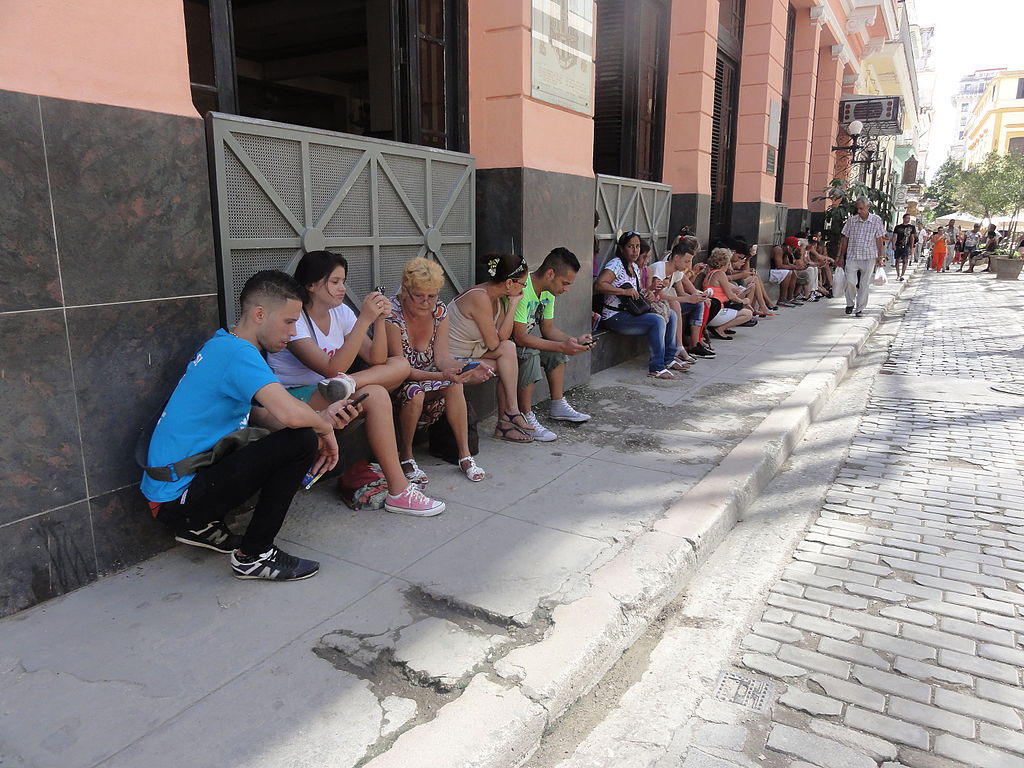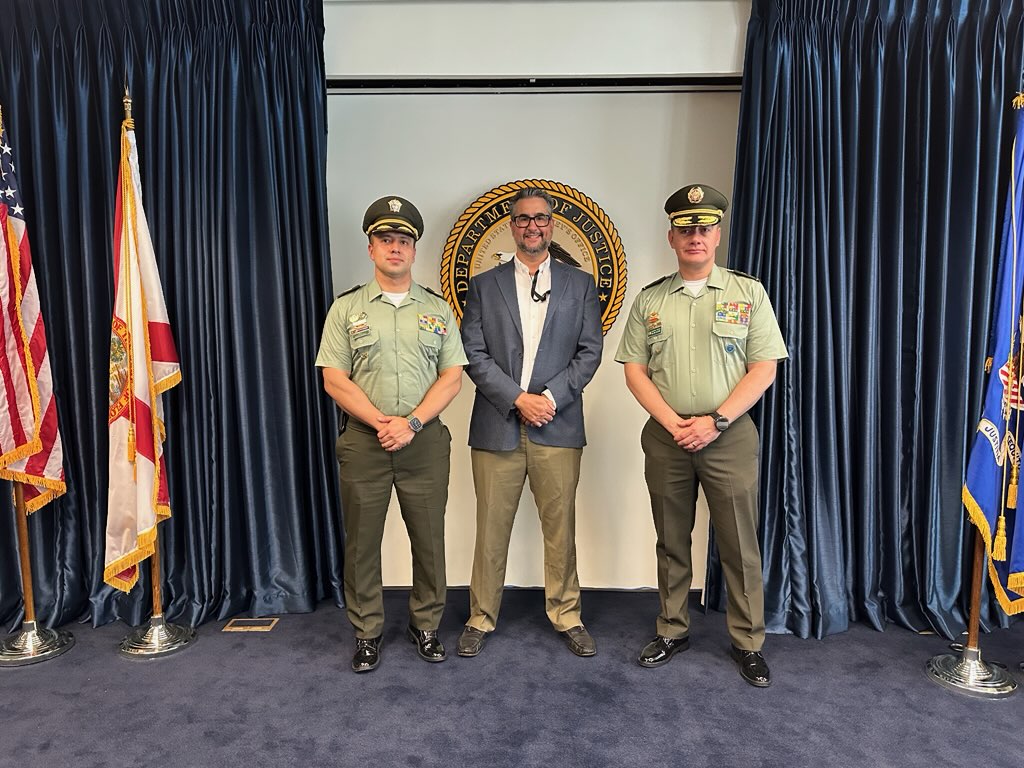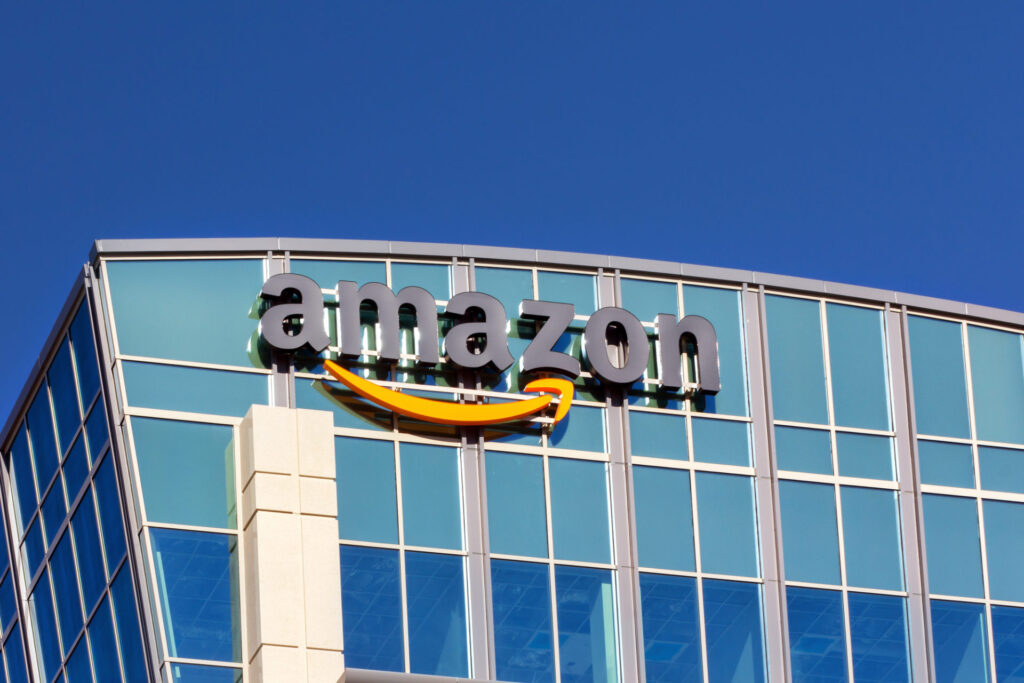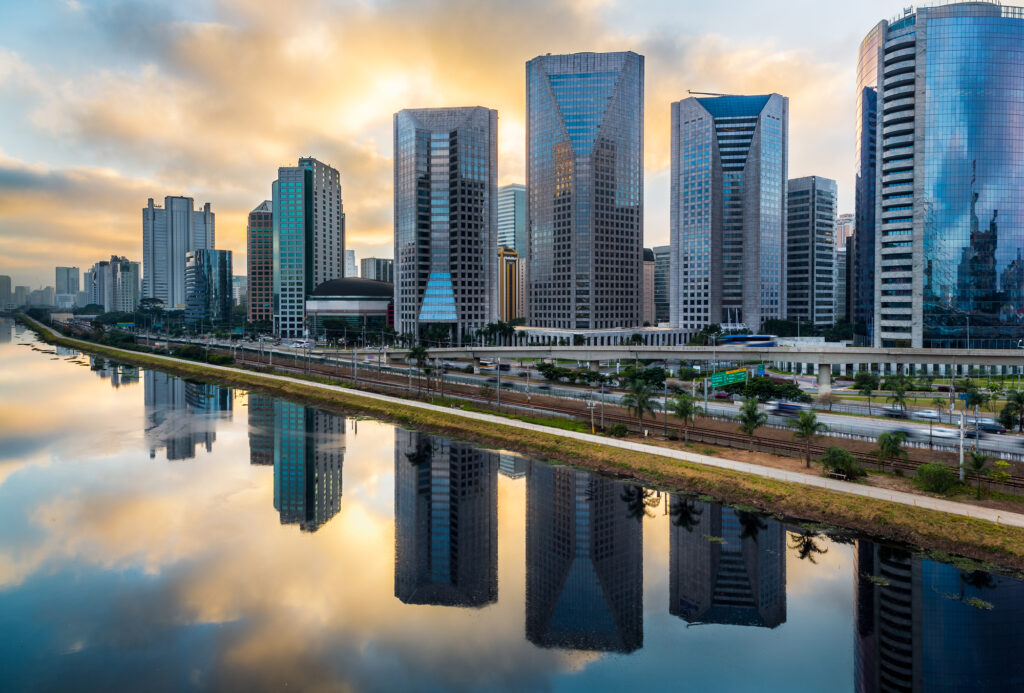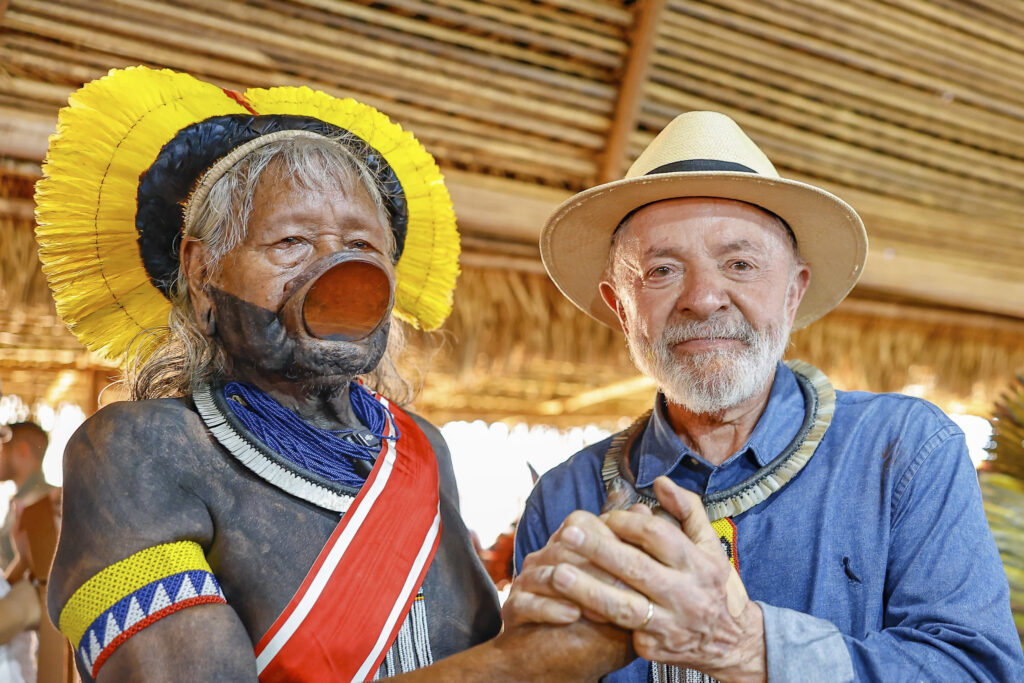Yesterday, the Cuban Ministry of Communication announced the legalization of personal wi-fi networks across the island and its decision to permit the importation of routers and servers. Internet access will still be solely provided by state-run communications monopoly Etecsa.
Previously, it was illegal in Cuba to be connected to wi-fi in your own home. This is not to say it didn’t happen, as many set up their own clandestine networks and state authorities gradually increased their levels of tolerance around the rule breakers.
Now, Cubans will be able to legally set up their own private internet connections via computers and phones, and share the network with their neighbors.
Internet connection in Cuba has historically been heavily restricted since the service became available in 1996. Until 2015, the only places users could go online were in government centers and hotels regularly visited by tourists. That year, the government installed wi-fi in 725 zones across the country, including parks, street corners and stadiums. This allowed Cubans to surf the web using government-issued internet cards which could be purchased at the rate of a few dollars per hour.
Read more: Cuba and its coming crop of digital innovators
And it wasn’t until three years later, towards the end of 2018, that 3G arrived. Data packages were sold to Cubans at a hefty monthly expense for most of the population, with 600 MB of internet costing around a quarter of the average Cuban salary in 2017, according to CNBC.
In its Twitter announcement of the most recent changes, the Cuban Ministry of Communication claimed they would “contribute to the computerization of society, the well-being of citizens, the sovereignty of the country and the prevention against the harmful effects of non-ionizing radiation.”
The isolated Caribbean island of 11.5 million inhabitants has been governed by the Communist Party since 1965. Personal internet access, which will be available from July 29, will continue to be subject to state control.


